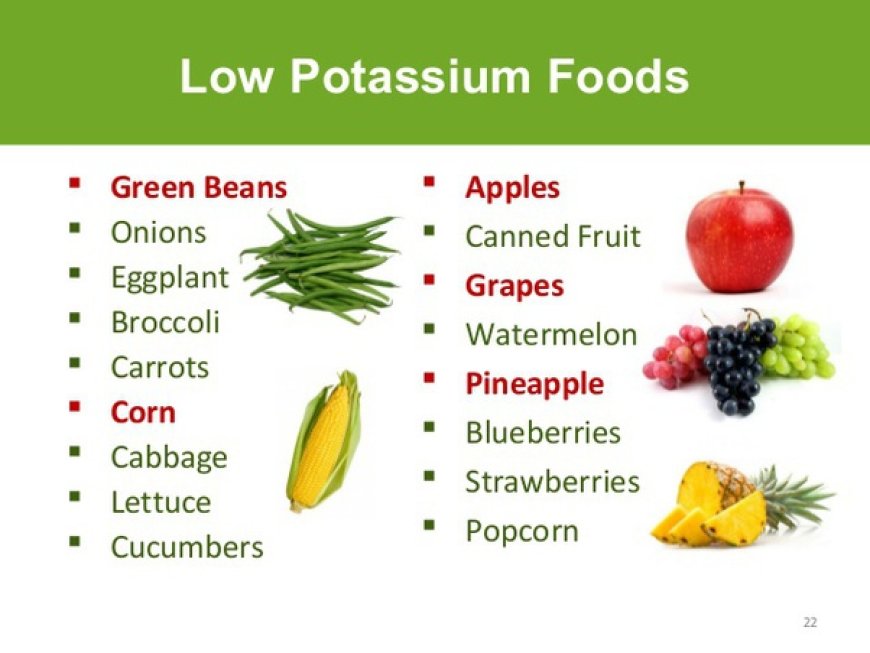Fruits that are safe for individuals with kidney conditions
Individuals with kidney issues can eat fruits that have low potassium content

Fruits are not only delicious but also packed with vitamins, minerals, and fiber, making them beneficial for overall health. However, individuals with chronic kidney disease need to be cautious, as certain fruits may be restricted. Let's explore which fruits are safe for kidney patients and which ones should be avoided.
The fruits that kidney patients can or cannot eat depend on various factors, including the stage of the disease, blood potassium levels, and the potassium and oxalate content of the fruit.
For kidney patients undergoing dialysis, they may consume fruits of their choice even if they are high in potassium, as the excess potassium will be removed during the dialysis process.
Safe Fruits
Kidney patients can enjoy fruits that are low in potassium, such as:
- Pineapple: This fruit has one of the lowest potassium contents among local varieties, making it safe for kidney patients.
- Pears: With very low potassium levels, pears also help lower cholesterol, allowing kidney patients to include them in their diets.
- Apples: A well-known saying is that "an apple a day keeps the doctor away," and they are also safe for kidney patients.
- Berries: Varieties like strawberries, cranberries, and blueberries are beneficial for kidney health and can help reduce kidney and urinary tract infections. Strawberries are now locally grown, and cranberry juice is widely available.
- Watermelon: With low potassium levels, watermelon is safe for kidney patients; however, its high water content means those with restricted fluid intake should consume it cautiously.
Unsafe Fruits
Some fruits should be avoided by kidney patients:
- Bananas: A medium-sized banana contains around 422 milligrams of potassium. Kidney patients with potassium levels over 4.5 milligrams in their blood should eliminate bananas from their diet.
- Oranges: While high in vitamin C, oranges also contain significant amounts of potassium (about 330 milligrams in a large orange), which can be harmful to kidneys. Kidney patients should either avoid oranges and orange juice or limit their intake significantly.
- Star Fruit: This fruit should be completely avoided by kidney patients, as it can create toxicity in cases of kidney complications, potentially leading to acute kidney failure and even death.
- Dried Fruits: Many enjoy dried fruits as snacks, but 65 grams of dried fruits can contain approximately 755 milligrams of potassium. Kidney patients should consult with their physicians before consuming dried fruits like dates, raisins, and nuts.
Additionally, some exotic fruits, such as apricots and kiwis, are high in potassium. Kiwis, in particular, are rich in oxalates, which can contribute to kidney stone formation, so kidney patients should be cautious.
The quantity of fruit that kidney patients can safely consume depends on their blood potassium levels. There are various smartphone apps available that can help calculate the potassium content of foods. It is crucial for kidney patients to determine how much fruit they can eat in consultation with their physician and a nutritionist.
What's Your Reaction?




















































































